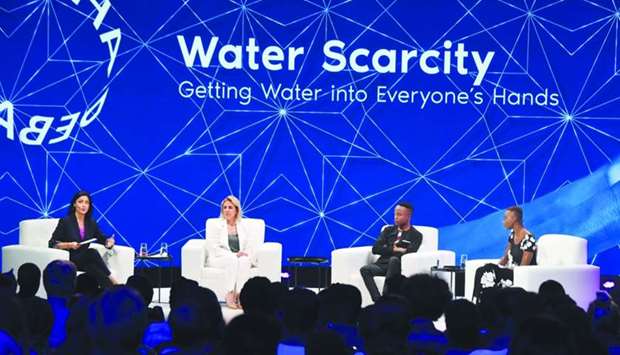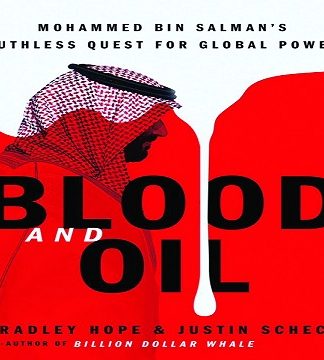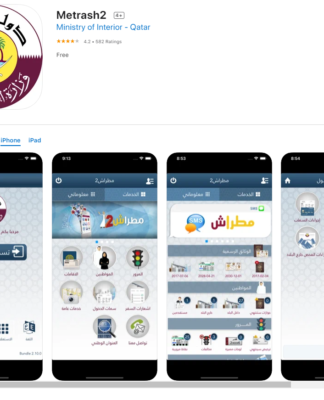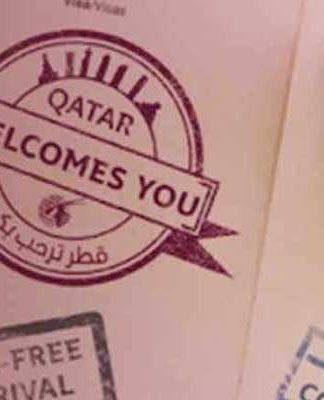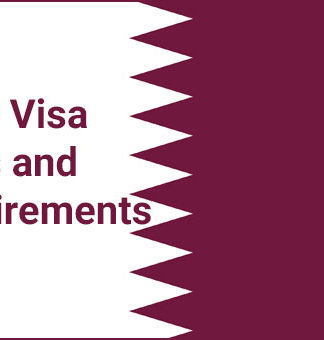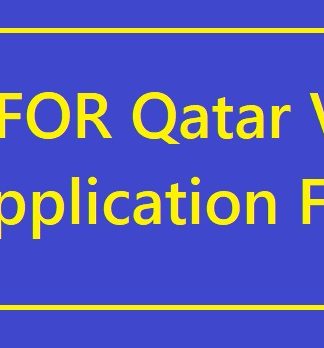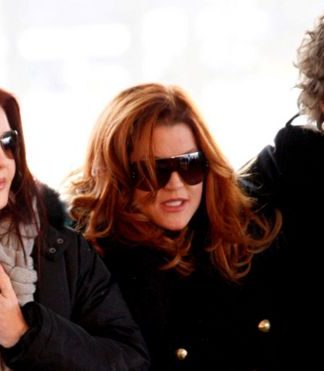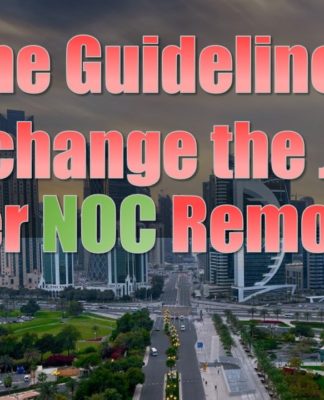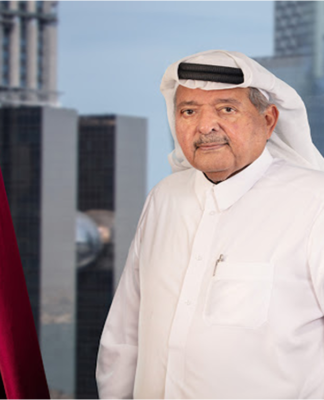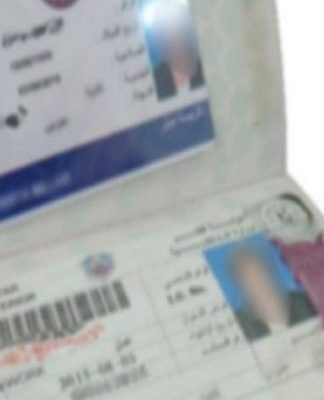The world’s worsening freshwater shortage crisis can be overcome if individuals and governments take practical steps to conserve and distribute water, argued three water supply advocates during a special edition of Doha Debates recently. A production of Qatar Foundation, the discussion took place in Cape Town, the South African port city of 4mn people, where water taps nearly ran dry last year due to a lengthy drought and inadequate water reserves.
The opinions of the speakers differed on how best to address the water supply crisis, but agreed that implementation of their combined recommendations would help ensure everyone has reliable long-term access to water. Yana Abu Taleb, the Jordanian co-director of EcoPeace Middle East who guides water-sharing in conflict areas, said, “Water scarcity is real. The solution is pragmatism. The only way to truly resolve the water crisis is co-operation.”
Obakeng Leseyane, a South African education and water conservation activist, stressed that to get water into everyone’s hands, we must “acknowledge that no system will serve the people that it is created for unless we speak about structural injustice.”
Georgie Badiel, a supermodel and philanthropist from Burkina Faso whose foundation advocates for equal access to clean drinking water, argued that “our generation wants the world to change, we need the world to change. We can do it. With money and with people like you, right here in this room.”
The programme also featured bridge-building connector Govinda Clayton, moderator Ghida Fakhry, and digital correspondent Nelufar Hedayat, who shared questions and comments from livestream viewers. The debate’s in-person and online audiences voted twice on key questions.
In the first vote, Leseyane’s position, “Water scarcity is a facade; let’s address structural injustice,” captured the most interest, with 41.07% of the audience’s votes. Abu Taleb’s position, “Water scarcity is real; let’s find pragmatic win-wins,” received about a third of the vote at 30.6%. Badiel’s position, “Water scarcity is not the issue; let’s fund grassroots organisations,” gathered 28.33% of the vote.
After the Majlis discussion segment, the audience in Cape Town and viewers online voted a second time. Leseyane and Abu Taleb were persuasive, growing their respective positions to 43.5% and 34.83%, respectively. Badiel still held a portion of the audience captive, with 21.67% of the vote. The poll will remain live on Twitter @DohaDebates for the next six days, closing on September 17.
The debate was also livestreamed at Georgetown University in Qatar (GU-Q) – a QF partner university where, following the conclusion of the event, audience members engaged in a Q&A session moderated by Gerd Nonneman, professor of Foreign Relations and Gulf Politics, and former dean of GU-Q.
The full debate and highlights can be viewed on Doha Debates’ website and social media channels, with the conversation continuing via the hashtag #DearWorld. South Africa’s eNCA TV network will also televise the programme across southern Africa.
Obakeng Leseyane, a South African education and water conservation activist, stressed that to get water into everyone’s hands, we must “acknowledge that no system will serve the people that it is created for unless we speak about structural injustice.”
Georgie Badiel, a supermodel and philanthropist from Burkina Faso whose foundation advocates for equal access to clean drinking water, argued that “our generation wants the world to change, we need the world to change. We can do it. With money and with people like you, right here in this room.”
The programme also featured bridge-building connector Govinda Clayton, moderator Ghida Fakhry, and digital correspondent Nelufar Hedayat, who shared questions and comments from livestream viewers. The debate’s in-person and online audiences voted twice on key questions.
In the first vote, Leseyane’s position, “Water scarcity is a facade; let’s address structural injustice,” captured the most interest, with 41.07% of the audience’s votes. Abu Taleb’s position, “Water scarcity is real; let’s find pragmatic win-wins,” received about a third of the vote at 30.6%. Badiel’s position, “Water scarcity is not the issue; let’s fund grassroots organisations,” gathered 28.33% of the vote.
After the Majlis discussion segment, the audience in Cape Town and viewers online voted a second time. Leseyane and Abu Taleb were persuasive, growing their respective positions to 43.5% and 34.83%, respectively. Badiel still held a portion of the audience captive, with 21.67% of the vote. The poll will remain live on Twitter @DohaDebates for the next six days, closing on September 17.
The debate was also livestreamed at Georgetown University in Qatar (GU-Q) – a QF partner university where, following the conclusion of the event, audience members engaged in a Q&A session moderated by Gerd Nonneman, professor of Foreign Relations and Gulf Politics, and former dean of GU-Q.
The full debate and highlights can be viewed on Doha Debates’ website and social media channels, with the conversation continuing via the hashtag #DearWorld. South Africa’s eNCA TV network will also televise the programme across southern Africa.
Source:gulf-times.com














